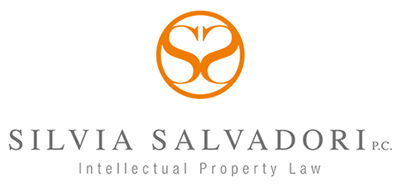Solving Seagate: Halo Electronics, Inc. v. Pulse Electronic, Inc.
 {1:35 minutes to read} In the recent case Halo Electronics, Inc. v. Pulse Electronic, Inc., the Supreme Court rejected the dual objective/subjective test of Seagate (the subjective requirement for “objective recklessness”) as too rigid and inconsistent with the statutory language. The previous standard required the patent owner to prove that the accused infringer was objectively and subjectively culpable by clear and convincing evidence.
{1:35 minutes to read} In the recent case Halo Electronics, Inc. v. Pulse Electronic, Inc., the Supreme Court rejected the dual objective/subjective test of Seagate (the subjective requirement for “objective recklessness”) as too rigid and inconsistent with the statutory language. The previous standard required the patent owner to prove that the accused infringer was objectively and subjectively culpable by clear and convincing evidence.
The Supreme Court, however, rejected the Federal Court’s burden of proof and held that the damages under the statute should be assessed under the “preponderance of the evidence” standard.
The Statute (section 284) provides for enhanced damages as follows:
- Upon finding for the claimant, the court shall award the claimant damages adequate to compensate for the infringement, but in no event less than a reasonable royalty for the use made of the invention by the infringer, together with interest and costs as fixed by the court.
- When the damages are not found by a jury, the court shall assess them.
- In either event, the court may increase the damages up to three times the amount found or assessed.
According to the Supreme Court, the award of enhanced damages accorded by the Statute should be within the discretion of the district court, but this discretion should be limited to “egregious cases of misconduct beyond typical infringement”.
Justice Breyer concurred in the opinion and highlighted the following:
(1) an alleged infringer needs to do more than be aware of the patent to have enhanced damages awarded against it;
(2) failure to obtain an opinion of counsel should still not be evidence of willful infringement; and
(3) § 284 enhanced damages should be limited to damages that compensate for the infringement. Justice Breyer noted that litigation expenses are already addressed by the § 285 fee-shifting statute.
The concurrence explained that these limitations are necessary “to ensure that [enhanced damages] only target cases of egregious misconduct.”
Contact me with questions or comments at silvia@salvadorilaw.com.
Silvia Salvadori, PhD
www.salvadorilaw.com
www.salvadorilaw.com/blog
silvia@salvadorilaw.com
(212) 897-1938

